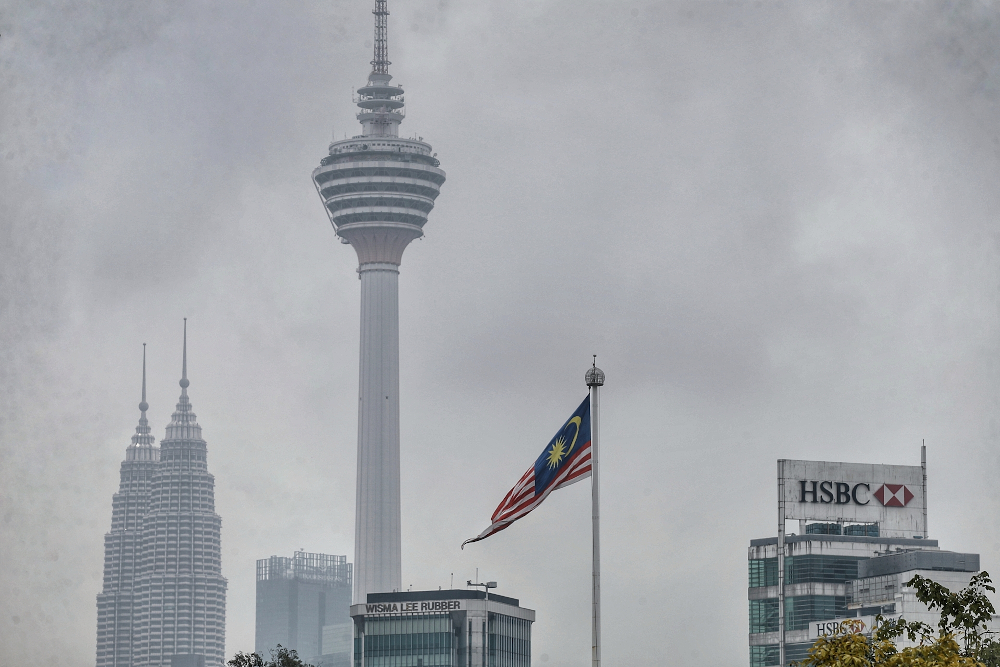KUALA LUMPUR, Feb 19 ― Malaysia was ranked 8th out of 11 nations in the Asia Pacific region in a health index by multinational healthcare company Roche, which measures the readiness and resilience of health systems there.
The study released today ranked Singapore at top, followed by Taiwan, Japan, Australia, South Korea, New Zealand and Thailand.
“Malaysia is in the process of formulating and implementing plans that aim to enable personalised healthcare and has a digital infrastructure and data collection capabilities that can support limited aspects of personalised care.
“Increasing investment in research and development, streamlining regulatory processes, opening access to data for research, improving access to digital health services, and building capacity in the healthcare workforce are potential focus areas for Malaysia.
“In addition, there is a need for a strong emphasis on health equity to address issues of access and quality in Malaysia as it makes its transition to personalised healthcare,” said the report which was tabled in a media briefing to Malaysia’s media today in an online briefing.
Other countries that ranked behind Malaysia were China, India and Indonesia.
The personalised health index covers several parameters which measures aspects of the country’s readiness, infrastructure, policy and strategy towards reforming healthcare to assess patients medical needs personally.
This would include records of their genomes, as opposed to treating them according to conditions of their health needs with general medicine.
The index also showed that Malaysia scored well on the availability of funding, ranking third on the amount of financial support to scale up towards personalised healthcare, while ranked second last on the policy context which measures framework and strategy from the government to move towards the goal.
Director of Health at the Copenhagen Institute for Futures Studies (CIFS) Bogi Eliasen who presented the findings today said although Malaysia’s ranking is slightly behind, the data is used to identify best practices, focus areas of improvements, and promotes discussions to improve its healthcare system.
“The idea of the index is not to compare countries but to learn on improvement,” he said in the media briefing.
Meanwhile, Professor of Human Genetics from Monash University Malaysia Maude E. Phipps tabled the whitepaper on the index which highlighted clear signs in the region that this transition is well underway and gaining momentum with the emergence of strategies, plans and policies that aim to enable more personalised forms of care.
“The index seemed to suggest that key health stakeholders in the Asia-Pacific are thinking about not only how to improve healthcare for citizens, but also how to build future-proofed health systems that are competitive on regional and even global scales,” she said.



















